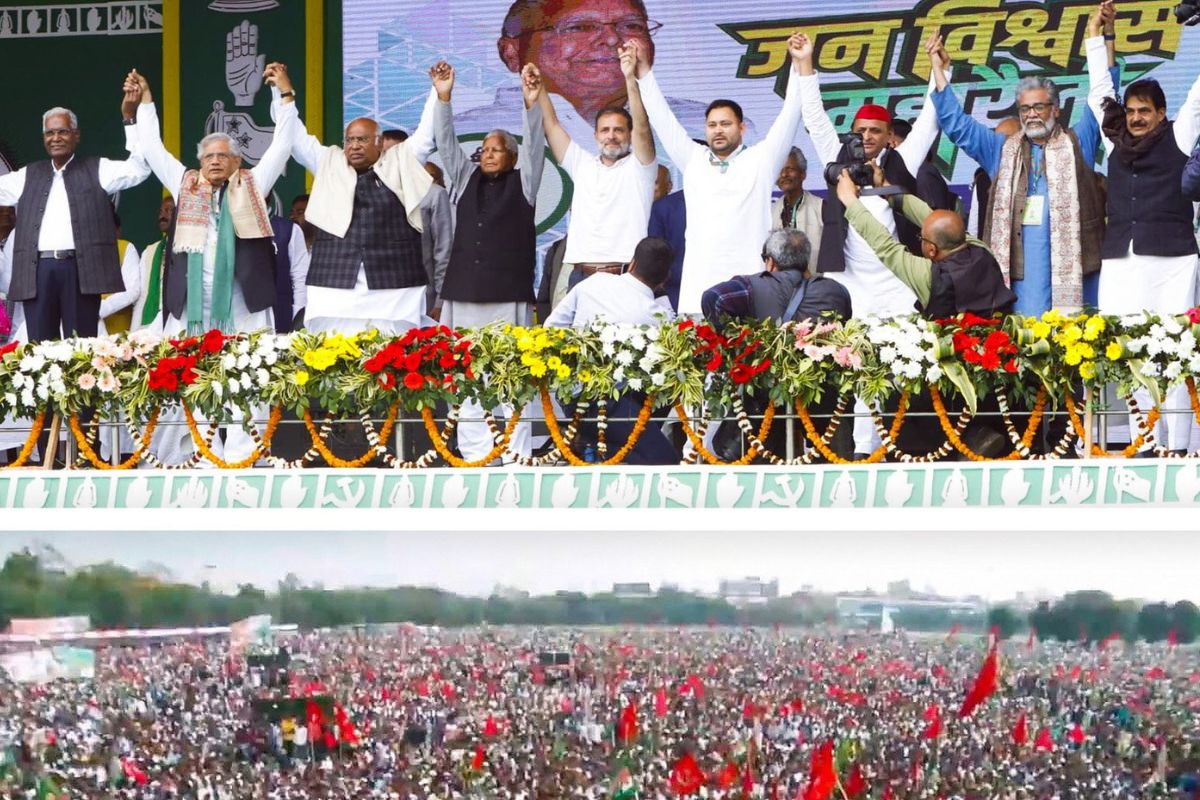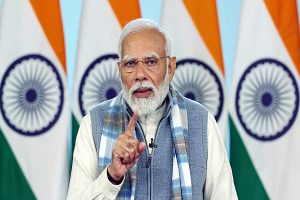As India undergoes another monumental electoral exercise, the spotlight intensifies on the condition of its democratic institutions, particularly the role and effectiveness of the opposition. A vibrant democracy thrives not only on the strength of its government but also on a robust, competent opposition that can hold the government accountable and offer viable policy alternatives.
Unfortunately, India’s primary opposition party, the Congress, appears to be in a prolonged state of decline, which bodes ill for the health of its democracy. The dominance of the Nehru-Gandhi family within the Congress party has been a double-edged sword. While providing a semblance of continuity and a rallying symbol for party loyalists, this dynastic tradition has stifled innovation and excluded potentially transformative leaders from rising through the ranks. The repeated electoral debacles should serve as a wakeup call. The party must democratise its leadership and embrace merit over legacy. However, internal reform is only one facet of the challenge facing Congress. The party also confronts a transformed political landscape where the rhetoric and policies of the current government resonate deeply with the electorate.
The ruling party’s narrative, centred round national rejuvenation and economic development coupled with cultural nationalism, has a compelling appeal that the opposition has struggled to counter effectively. To regain relevance, Congress needs to articulate a clear and forward-thinking vision for India’s future. This vision must extend beyond mere criticism of the ruling party or nostalgic evocations of past glories. It must address the pressing issues facing the country, from educational reform and healthcare improvement to economic inequality and climate change. Moreover, it must present these plans not just as alternatives to the current government’s policies but as superior choices that resonate with the day-to-day concerns of ordinary Indians. Moreover, the Congress party must harness modern communication strategies to connect with voters.
In an era where social media and digital platforms are crucial battlegrounds for public opinion, merely pointing to a skewed media landscape or decrying censorship is not enough. The party needs to engage citizens directly, using every tool available to cut through the noise and make its case creatively. Finally, the emergence of regional parties as significant players in various states, while enriching India’s democratic tapestry, poses another challenge for Congress in its bid to position itself as a credible national alternative. The party must find ways to collaborate with these regional forces without losing its distinct political identity, crafting a coalition that can effectively challenge the dominance of the ruling party at the national level.
The future of India’s democratic health relies significantly on the resurgence of an effective opposition. The Congress is best positioned to undertake this role. But to do so, it must embrace radical internal reform, articulate a compelling alternative vision for India, and modernise its engagement with voters. Only then can it hope to revive its fortunes and contribute effectively to India’s democratic process.












